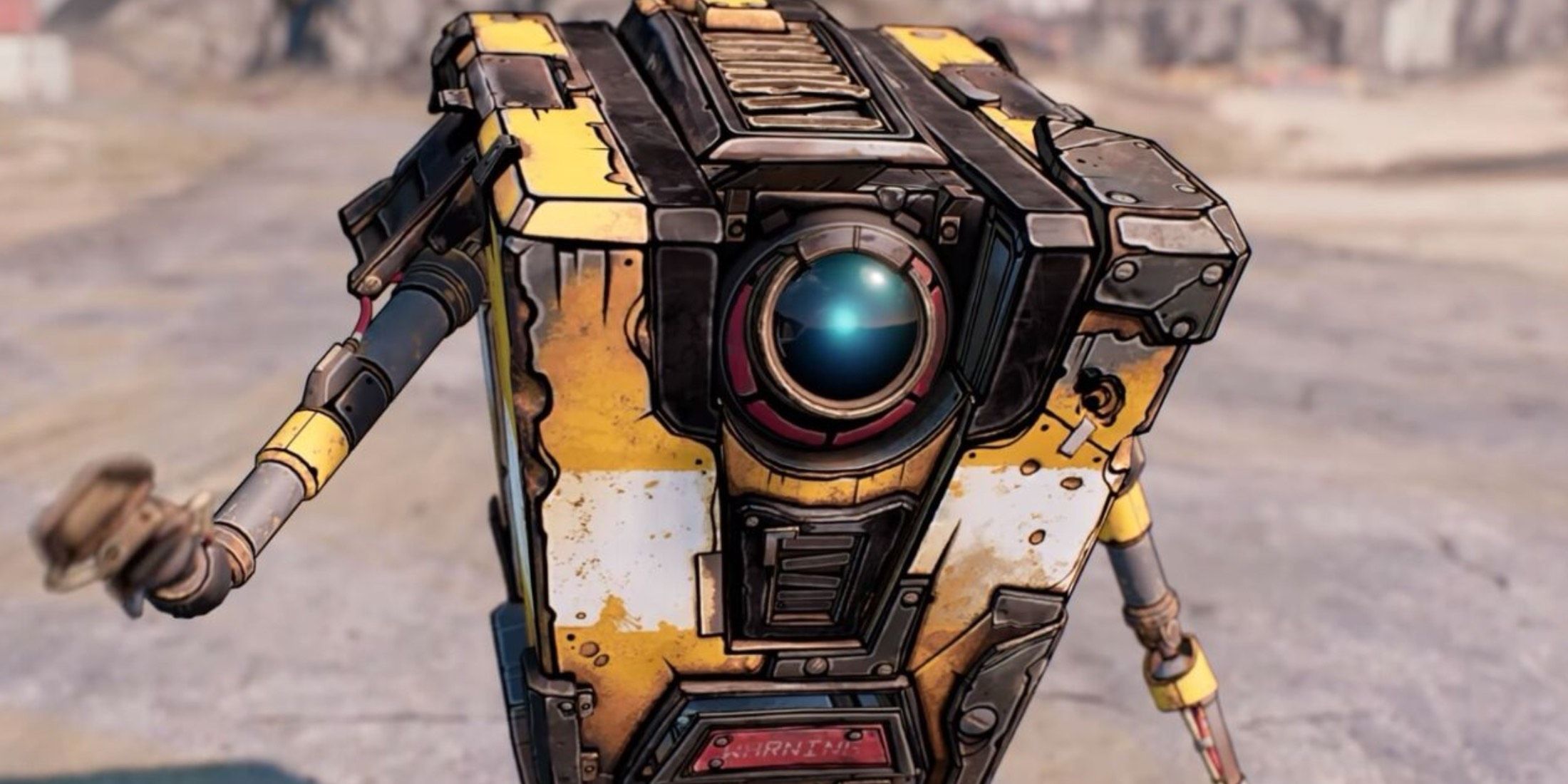Brent Oil Forecast
The price of Brent crude tomorrow will be 68.2 US dollars. Today the price for 1 bbls was 68.3 USD. Yesterday the rate was 68.3 USD for 1 bbls of Brent crude. Trading of Brent crude took place in the range 67.8 – 68.9 USD. The difference compared to the previous day was -0.74%.






